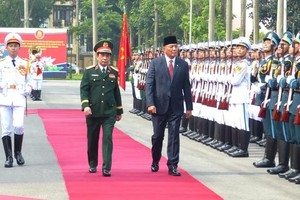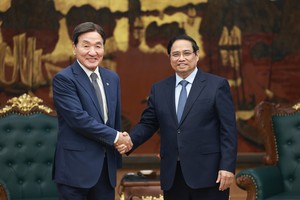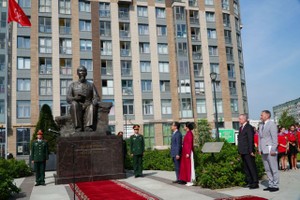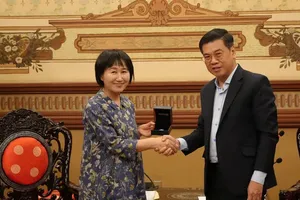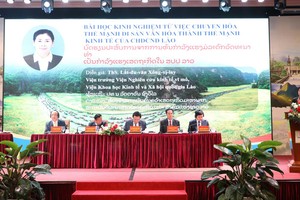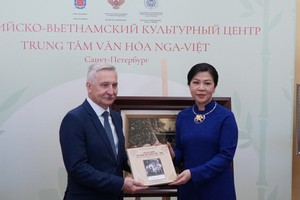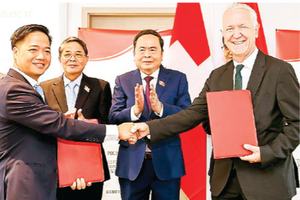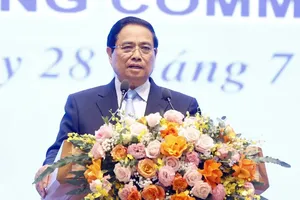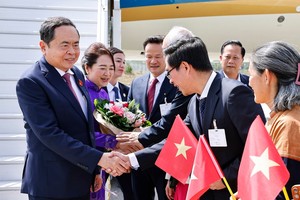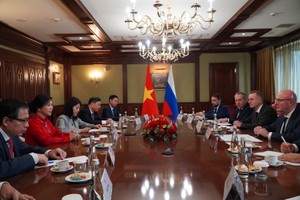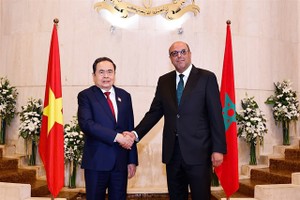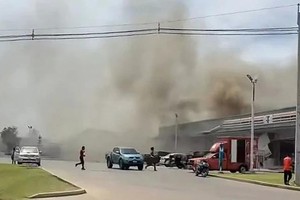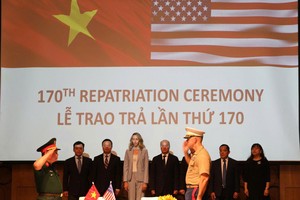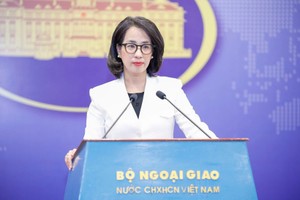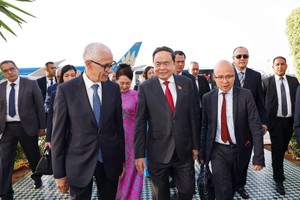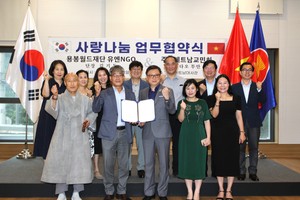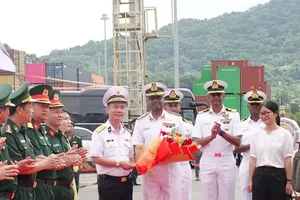The head of the Iran's atomic agency said Iran would not enrich uranium to a higher level if the West provides the fuel it needs for the Tehran research reactor.
Iran is set to start enriching uranium to 20 percent on Tuesday, in a move sure to antagonize Western nations who fear that the process of enrichment will eventually yield material for a nuclear weapon.
France and the U.S. said Monday the latest Iranian move left no choice but to push harder for a fourth set of U.N. Security Council sanctions to punish Iran's nuclear defiance
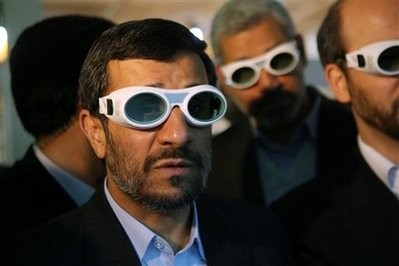
"Whenever they provide the fuel, we will halt production of 20 percent," Ali Akbar Salehi told the state TV late Monday, referring to the enrichment of the country's stockpile above its current level of 3.5 percent.
Uranium enriched up to a level of 90 percent can be used to make nuclear weapons and the West fears that Iran's enrichment program is ultimately geared toward military purposes.
On Tuesday, the spokesman of Iran's Foreign Ministry, Ramin Mehmanparast told reporters the higher enrichment will be done with the cooperation and supervision of the U.N. nuclear watchdog adding that "if other countries or the agency could provide the fuel, our attitude can be different as well."
Mehmanparast said any plan by the West to impose new U.N. Security Council resolutions would not be useful.
"If they attempt another resolution, they are making a mistake. It is not helpful in resolving the nuclear dispute between Iran and the West," he said. "They are completely wrong if they think our people will go back even a single step."
U.S. Defense Secretary Robert Gates told reporters Tuesday the United Nations should slap new sanctions on Iran in "weeks, not months."
Pentagon spokesman Geoff Morrell said Gates believes a U.N. resolution would lay the legal groundwork countries need to impose sanctions independently and pressure Iran to abandon its nuclear program.
No new U.N. Security Council sanctions can be passed, however, with out unanimous agreement from all members, including China who has been reluctant to impose new punitive measures on Iran.
China called for more talks on Tuesday, with Foreign Ministry spokesman Ma Zhaoxu saying "I hope the relevant parties will step up efforts and push for progress in the dialogue and negotiations."
Salehi said Iran was seeking purchase of the higher enriched fuel for its research reactor over the past months but the West tied providing of the fuel with a U.N.-drafted agreement to ship Iran's stockpile abroad first.
He said Iran would begin 20 percent enrichment on Tuesday by injecting gas into a cascade of centrifuge machines. Salehi said Iran needs some 1.5 kilograms of 20 percent enriched uranium a month for the Tehran research reactor to produce medical isotopes.
Salehi said 164 centrifuge machines were ready in a laboratory in Natanz to produce three to five kilograms of higher enriched uranium per month.
The official said the laboratory is on ground floor of the plant while enrichment facilities are underground. Salehi said inspectors from the International Atomic Energy Agency are expected to be present when Iran begins the higher enrichment.
